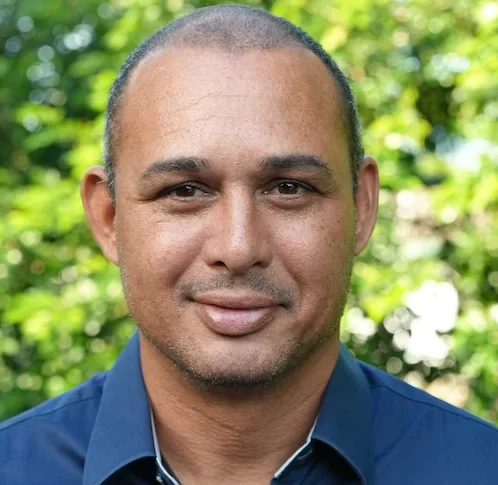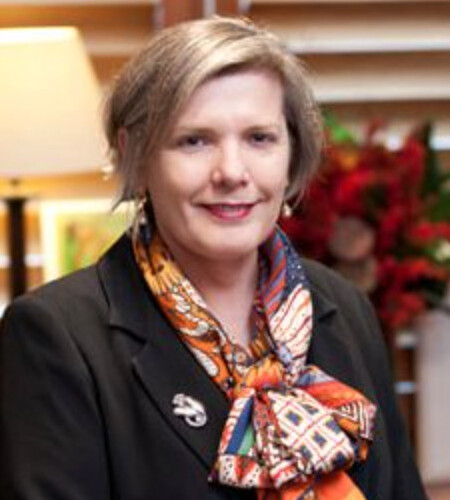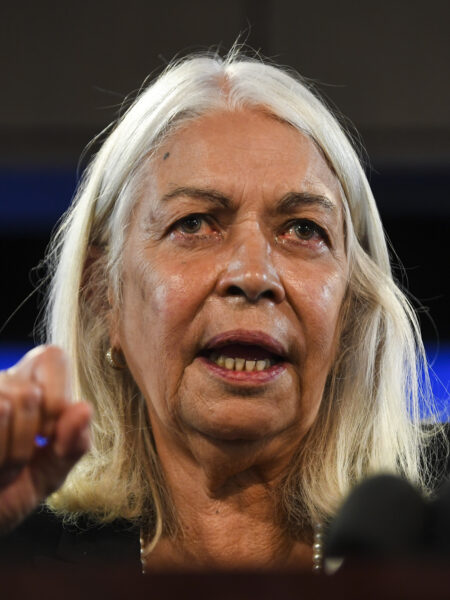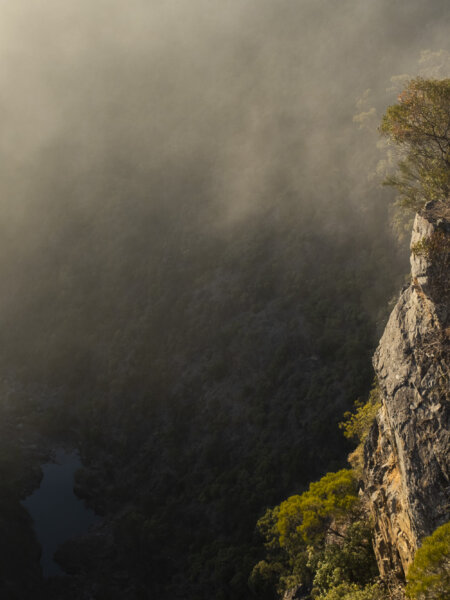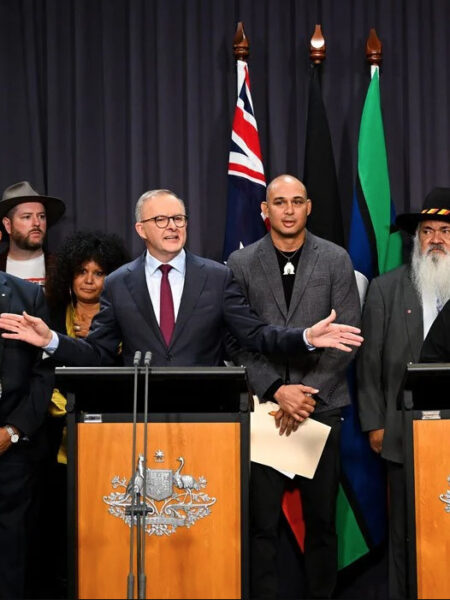After all, how can we reconcile the past if First Nations do not have a seat at the table – a seat that is ours, because it is our rightful place – not a seat that can be taken away by the politicians?
Thank you ANTAR, and all your members and allies.
You have accepted the invitation to walk with us.
I hope these words, as with the words of the Uluru Statement itself, will remind you that however hard the task, we will not give up just because a few right wing politicians tell us ‘No’.
THE PEOPLE IN THIS BOOK – the Voices – are speaking to you because they care about their people and their country. They have shared their many perspectives, stories and heart-breaking experiences to motivate you. We want you to join us in a people’s movement that started with the Uluru Statement from the Heart so that we can overcome barriers between us and finding the heart of our nation.
The first barrier is the federal Parliament in Canberra. Those politicians who sit in that big house of power, on a hill that was stolen from the Ngunnawal people, must be moved to support a First Nations Voice referendum.
When stoic Elder and co-chair of the Referendum Council, Professor Pat Anderson, discussed the Uluru Statement from the Heart and the supporting Referendum Council recommendation for a Voice referendum, with politicians on 30 June 2017, she sensed their unease at the proposal. Those politicians – so comfortable in the status quo – dreaded the thought of being held accountable by Indigenous Voices that could not be silenced by an act of parliament. At that meeting in Canberra, the prime minister of the day, Malcolm Turnbull, indicated that a symbolic gesture – not a substantive reform such as a Voice – was all that his government would be prepared to concede. After the meeting, Aunty Pat sagely remarked, ‘The main obstacle to its adoption would not come from the Australian people but from our politicians.’ She was right.
Several months after Aunty Pat’s meeting with Prime Minister Turnbull, we learnt that he had dismissed the Uluru Statement from the Heart’s call for a First Nations Voice. First by a media leak and then by a written media release. The dismissal was inept, unceremonious and devoid of respect or diplomacy. There were no consultations with Indigenous representatives. It was yet another example of our democracy’s failure to hear the voices of Aboriginal and Torres Strait Islander people. But Turnbull had underestimated us.
In the regional dialogues and at Uluru, we had considered the history of our struggle since colonisation. We learnt from the many Indigenous statements and petitions written to a king, a queen or parliament. This time, the Uluru Statement from the Heart was written specifically to the Australian people. It is the Australian people, collectively, who can move the politicians.
In great numbers, Indigenous and non-Indigenous Australians decided to accept the invitation in the Uluru Statement from the Heart. They didn’t take ‘no’ for an answer.
The people’s movement that we began – from the bush, to towns and cities – held rallies and doorknocked. We mobilised in a week of action. There were public declarations of support from communities, unions, religious groups, associations, NGOs and corporates. We moved the politicians. We must continue to move them.
***
If you are reading this and the Australian Constitution does not yet enshrine a First Nations Voice, then the Uluru Statement from the Heart remains a live political document, and this book remains a call to action.
There are many actions you can take to help us. None too big. None too small. Every action to the best of your capability and capacity will help.
Whether you are in a suburb, in a city, or in a small town – please join a local First Nations Voice Campaign Committee. If there isn’t a committee already established, you could start one to develop initiatives that will educate and activate other members of your community.
Also, encourage organisations you are affiliated with – union, corporate, religious, schools, social, council, political party, sporting or NGO – to commit to supporting the Uluru Statement campaign.
Use the information and materials on the Uluru Statement website.
Target politicians who do not support a First Nations Voice referendum.
When we have overcome the barrier in Canberra, we must make sure we win. We are a people from a broad spectrum of political persuasions. We must overcome the barriers of difference and division. We must unite in an unprecedentedly powerful ‘Yes’ campaign. When we say ‘Yes’ to a First Nations Voice, then we will find the heart of the nation.
***
It was Christmas time, 2018. Travelling to share the message of the Uluru Statement, hotels and motels across the country were more familiar than home for me that year, though unlike the year before, I was in a more positive mood. Momentum was building. I’d warned my family that this Christmas break I would need to be writing. I was still unsure if I were capable of writing this book, but I knew that if I were to succeed, I would need to write as much as I could, as soon as I could.
On the morning before Christmas Eve, my seven-year old son, William, came to my side carrying his favourite novel, Hot Dog, by Anh Do. William is one of the best readers in his class, far ahead of his age group. He makes me incredibly proud.
‘Dad, what will the name of the book be?’ he asked.
I closed my laptop, turned to him, and said, ‘What would you call my book?’
‘Ummm…’ He smiled a devilish grin and with practiced precision, he put his hand under his armpit and responded with a series of armpit farts. We laughed, both childishly. I love kids at this age when the smallest things are still funny.
I said to him, ‘The name of the book will be “Finding the Heart of the Nation”.’
William looked at me, somewhat puzzled. ‘“Finding the heart of the nation … Where is the heart of the nation?’
I pulled my son close. I looked him in the eyes and smiled. I put my hand on his heart and said, ‘The heart of the nation is here.’
[The above is an extract from the conclusion of Thomas’ book ‘Finding the Heart of the Nation: The Journey of the Uluru Statement Towards Voice, Treaty and Truth’.
Available here.]
